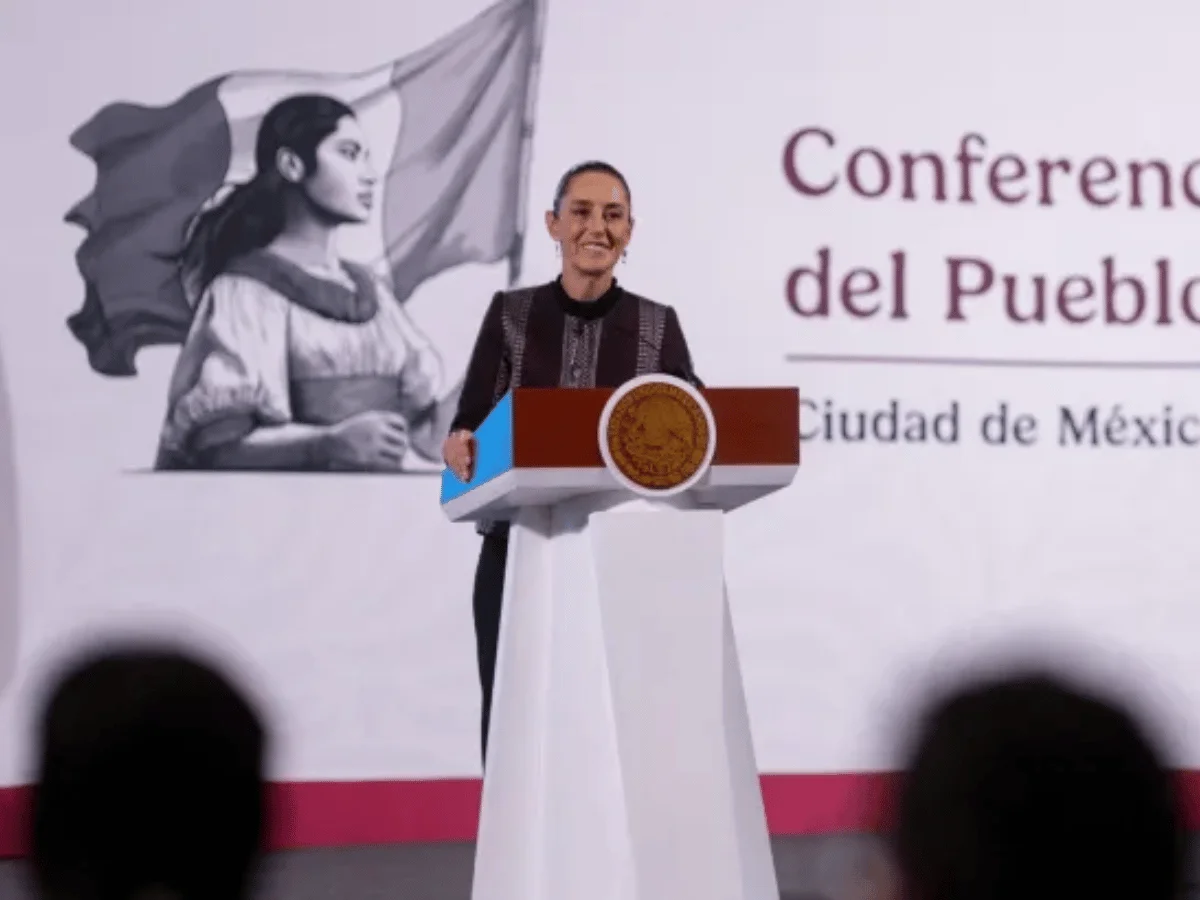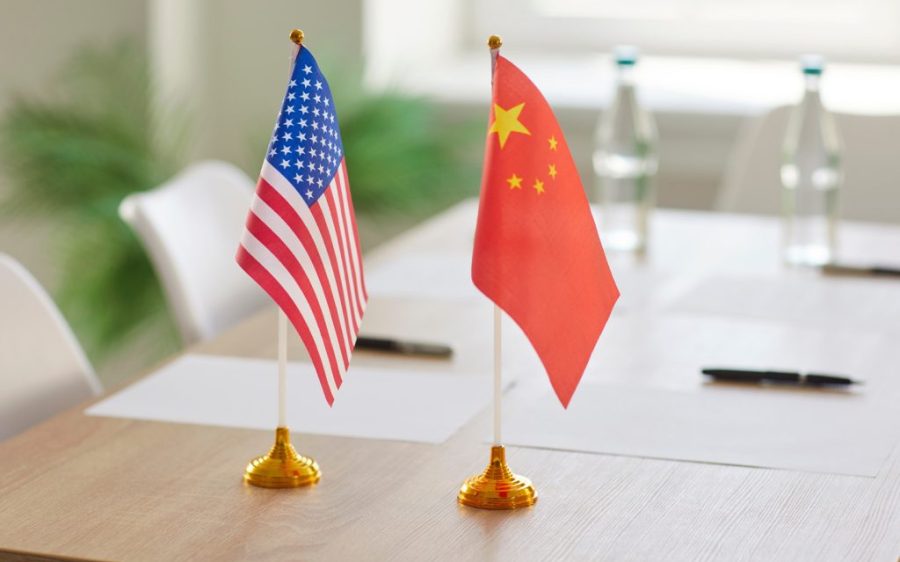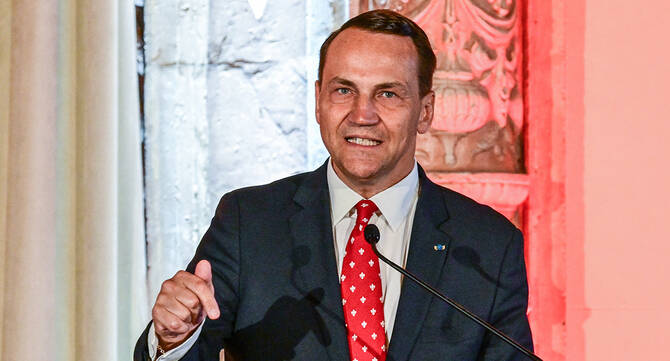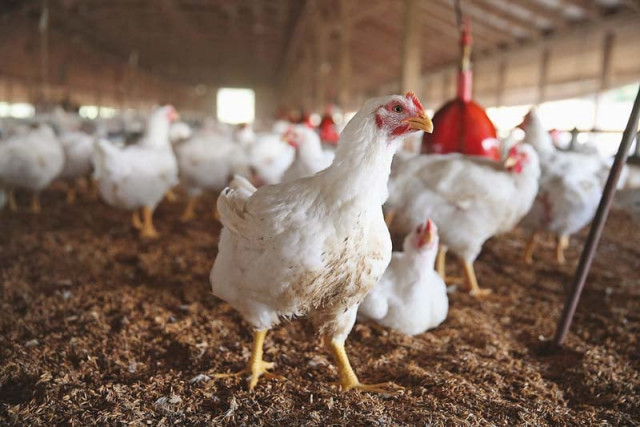On Saturday 1st of February 2025, according to the White House, American President Donald Trump is going to impose (25%) tariffs on Mexico, (25%) on Canada, and (10%) on China. However, Trump announced on Friday 31st of January that (10%) lower taxes on Canadian oil will be imposed, maybe as early as the 18th of …
White House Announces Tariffs On China, Canada, And Mexico

On Saturday 1st of February 2025, according to the White House, American President Donald Trump is going to impose (25%) tariffs on Mexico, (25%) on Canada, and (10%) on China.
However, Trump announced on Friday 31st of January that (10%) lower taxes on Canadian oil will be imposed, maybe as early as the 18th of February
Additionally, the president stated that he intended to put duties on the EU (European Union) going forward, citing the bloc’s poor treatment of the United States.
“The illegal fentanyl that they have supplied and facilitated to circulate into our country, which has claimed the lives of tens of millions of Americans” is the reason for the charges against Canada and Mexico, according to White House press officer Karoline Leavitt.
Also Read: Iranian President Warns Trump Against Risking America
Additionally, Trump has stated time and time again that the action was taken to address the significant number of undocumented migrants who have entered the United States and its trade gap with its neighbors.
“These are commitments made and agreements kept by the President,” Ms. Leavitt stated during a briefing at the White House.
Trump vowed to impose up to (60%) tariffs on Chinese-made goods during the election campaign, but on his 1st day back in the White House, he decided to wait and instead directed his administration to conduct research on the matter.
Economists link the decline of US product imports from China since 2018 to a succession of increasing tariffs imposed by Trump throughout his 1st term.
Though he did not specifically name the US, a senior Chinese official earlier this month cautioned against protectionism as Trump’s re-election to the presidency brings back the danger of a trade war between the two largest economies in the world.
Speaking at the World Economic Forum in Davos, Switzerland, China’s vice premier, Ding Xuexiang, stated that his nation wants to increase imports and was searching for a “win-win” solution to trade disputes.
With (40%) of US imports last year coming from China, Canada, and Mexico, the US’s largest trading partners, concerns are growing that the new high tariffs may spark a massive trade war and drive up US prices.
Justin Trudeau, the prime minister of Canada, stated on Friday: “We will also take action if he proceeds, even though it is not what we want.”
In an effort to satisfy Washington that they were acting to resolve issues regarding their US borders, Canada and Mexico have already stated that they will react to US tariffs with their own policies.
The Chinese embassy in the US has been contacted by the BBC for comment. Trump’s goal to lower living expenses could be threatened if taxes are imposed on US oil imports from Canada and Mexico.
Import taxes on items made elsewhere are known as tariffs. Instead, they are supposed to purchase less expensive domestic goods, which will strengthen a nation’s economy.
However, companies and individuals may be forced to pay more for everything from food to gasoline as a result of taxes on imported energy.
The great majority of the crude that passes through US oil refineries is imported, accounting for around (40%) of total imports.
Former Canadian and English central bank chief Mark Carney informed BBC Newsnight on 31st of January that the tariffs would slow economic development and raise inflation.
Carney, who also wants to succeed Prime Minister Trudeau as head of Canada’s Liberal Party, declared, “They’re going to ruin the US’s credibility around the entire globe.”











